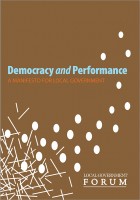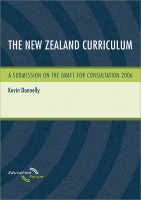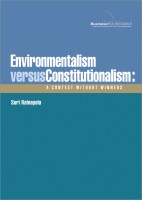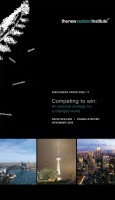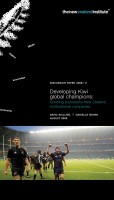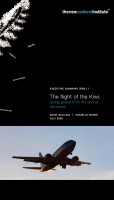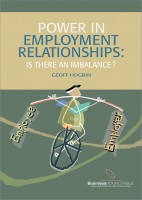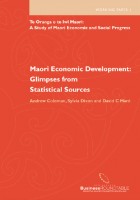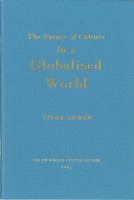
So far yet so close: Connecting New Zealand to the global economy
So far yet so close is the sixth paper in a series that forms part of the New Zealand Institute’s research project on Creating a global New Zealand economy. This paper follows on from our first five papers No country is an island, Dancing with the stars?, The flight of the Kiwi, Developing Kiwi global champions, and Competing to win. Read more



